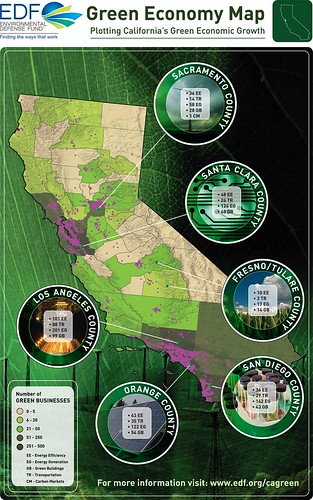I was going through some old posts on CALITICS this morning, after reading up on the latest on the push by McClintock and Dan Logue to repeal AB32, and came across this gem from former Calitics contributor/writer David Dayen.
CA-04: Grand Dragons For McClintock
by: David Dayen
Fri Oct 10, 2008 at 13:00:00 PM PDT
Perennial candidate Tom McClintock is a beloved figure on the far right. We just didn’t know how far.
It turns out that in 2003, when McClintock was running for his eleventy-teenth political office in the California governor recall election, he was endorsed by none other than the KKK.
Dateline: September 27, 2003
Ku Klux Klan Announces support for Tom McClintock
The Imperial Klans of America, Knights of the Ku Klux Klan (IKA) have announced their full support for Tom
McClintock’s bid for the governorship of California. Their support is announced in what they term “the
lesser of all evil candidates.”
When interviewed, Mr. Chris Johnson (Grand Dragon or State Director of the IKA’s California chapter) had this to say regarding the announcement, “While Mr. McClintock is not the perfect candidate for California Governor, we have more in common with his ideology than any of the other candidates. We are in congruence with his stand on illegal aliens infecting our land and his courage in standing up to the invasion.” Mr. Johnson went on to say that, “Mr. McClintock echoes our anti-abortion stand, and our opposition to oppressive taxation.”
I guess the McClintock campaign can spin this by saying that at least the KKK called him evil, even if he was the lesser of all the rest?
Here’s the thing: organizations can choose to endorse anybody they want, and the candidates have no control over that. But McClintock never said a peep five years ago when he got this endorsement. And there’s a Chris Johnson on McClintock’s donor list from that 2003 gubernatorial race. Chris Johnson is obviously a common name, and the donation is $100, so take it with a grain of salt. But certainly, McClintock needs to answer the question of why he never rejected the endorsement and why they never sought out and returned money that would even have the appearance of coming from the Klan.
More to the point, McClintock is just the kind of guy to demonize an opponent’s associations. In fact, when running for governor in 2003, McClintock compared then-Lt. Governor Cruz Bustamante’s association with the Hispanic student group MEChA to, you guessed it, the KKK.
State Sen. Tom McClintock, a conservative Republican rival, recently likened the Chicano Student Movement of Aztlan, also known as MEChA, to the Ku Klux Klan.
“It’s like saying, ‘Oh, I was a moderate member of the Klan,'” McClintock said last month on the San Diego radio station KOGO. “It’s incumbent on Cruz Bustamante to clearly and completely renounce …
The idea that the KKK finds ideological kinship with McClintock is pretty much a no-brainer. His demonization of illegal immigrants as the cause of so much of the nation’s economic woes plays to the baser instincts of the racist right. He’s running a campaign against Charlie Brown that has recently seized on Brown’s appearance at an anti-war rally before the invasion of Iraq as somehow un-American. It’s really not too much of a logical leap here.
The Post Ended With–Stay tuned for more on this…
Since both McClintock and Logue are up for election again this year, does anyone know if McClintock ever responded to the allegations? I don’t recall a peep about it from McClintock. Note also Dan Logue in the picture with Tom and (Guess Who?), as well.
How did Dan Logue do with protecting us by protecting out boarders?
Since Logue has no problem taking money from out of state and huge energy companies, like SEMPRA, who was just ordered to pay back a half BILLION dollars or so to California rate payers, I wonder how many folks from out of the district will pitch in to make sure Logue is not re-elected?
I understand that the Unemployment Rate in Marysville, Logue’s home base, is now 21% or so. How does that jive with his claiming to have been responsible for thousands of jobs in the area?
Just asking….
After the primary, things up here should get real interesting.
Stuff to ponder, especially if you are a voter in CA-04 or CA Assembly District… 03
 Steinberg proposal would throw monkey wrench into cap and trade
Steinberg proposal would throw monkey wrench into cap and trade


